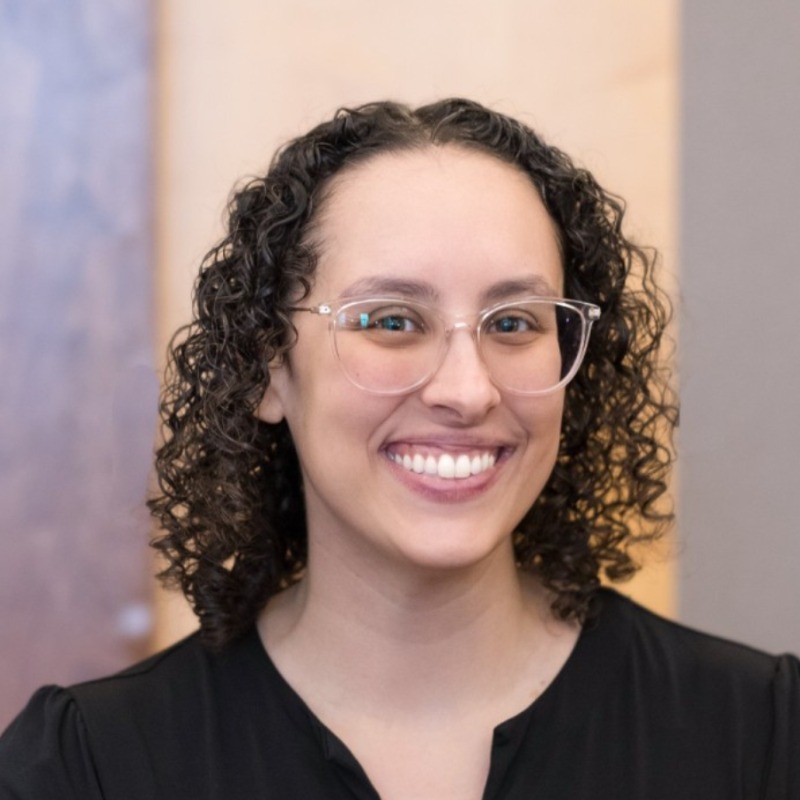My transition from being an engineer to becoming a coach was born out of this struggle. I realized that my experiences, both the triumphs and the setbacks, could serve as a beacon for others navigating similar waters. The shift wasn’t easy; it required me to confront my own biases and insecurities and embrace the very aspects of myself that I had long tried to suppress or change.
As a neurodivergent professional, I’ve faced numerous challenges in the workplace. From sensory overload in open-plan offices to difficulties with unwritten social rules, each day presented its own set of obstacles. However, these challenges also became opportunities for growth. I learned to advocate for myself, communicate my needs clearly, and find creative solutions that worked for both my colleagues and me.
As a coach, I’ve had the privilege of witnessing countless neurodivergent individuals flourish when given the right support and understanding. I’ve seen brilliant minds unlock their potential, not by conforming to neurotypical standards, but by leaning into their unique style. This is why I’m so passionate about my work with Thoughtful Thinkers Life Coaching – I get to advocate for the neurodivergent way of being, both to neurodivergent and neurotypical individuals.
To those who are neurotypical, I ask for open-mindedness and empathy. The neurodivergent community doesn’t want to be “fixed” or changed. We want to be seen, understood, and valued for who we are. Our different ways of thinking and perceiving the world bring invaluable perspectives to any team or community. By fostering an environment of acceptance and inclusion, we all benefit from the rich tapestry of human diversity.
To younger people who might be struggling: your needs are real. It’s difficult to quantify the neurodivergent impact and to feel confident advocating for yourself. Find support groups online or offline to hear similar stories. Your needs are not wrong; the world is just not built around them. We are socially disabled because of social expectations, not objectively disabled because of a broken brain.
Personally, I want to be seen as I want everyone else to be seen—as a whole person with strengths and weaknesses. I have productive days, resting days, creative days, and everything in between. I want to see companies hiring humans and not roles. I want to see everyone’s needs be respected without a diagnosis, and I want to see people able to get and disclose their diagnoses without repercussions.
In conclusion, my journey from struggling to conforming to embracing and celebrating my neurodivergence has been transformative. It’s a journey that continues every day, as I work on myself, work with clients, advocate for understanding, and strive to create a world where neurodiversity is recognized as just another facet of being human.

Ashley Karol
My name is Ashley Karol, and I’m a Neurodivergent Career and Business Strategist. With a decade of experience in mentorship, engineering, and business, I blend evidence-based strategies, a wealth of knowledge, and a deep understanding of the human experience to each session.
After struggling to fit into a neurotypical box for decades, I discovered the power of embracing one’s natural strengths and accepting help from the right people. As the passionate owner of Thoughtful Thinkers Life Coaching, my mission is to empower individuals to embrace their individuality and thrive in both their personal and professional lives.


